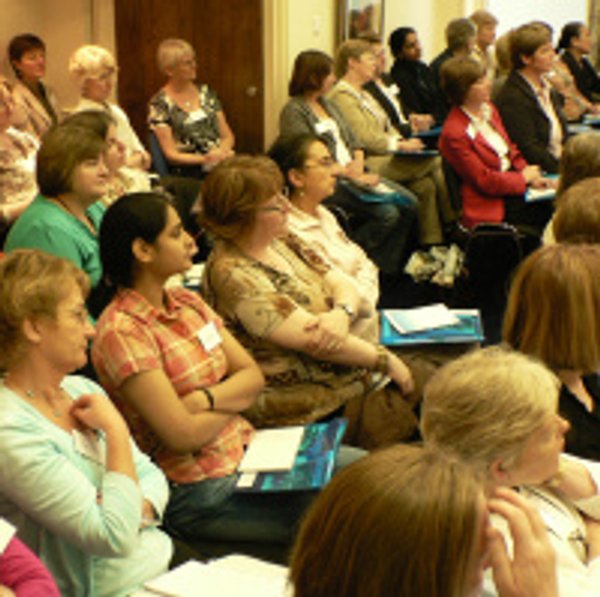The Lismullin Institute organises conferences and events in Lismullin Conference Centre located to the north of Dublin near Navan, in Co. Meath. It aims to foster the pursuit of excellence and balance in work, family and social commitments. Inspired by the spirit of Opus Dei, it promotes conferences, seminars, lectures and publications that reflect a Christian outlook on life and culture. These activities are open to people of all creeds and backgrounds.
The Nursing Now Conference is one of the many professional conferences organised by the Lismullin Institute. For the past seven years this conference has helped nurses caring for the elderly to improve their professional standards and gain a deeper grasp of the ethical issues that can arise. Underlying the conference is the Christian perspective of the dignity of the human person.
Dementia, the topic of this year’s conference, is a disease of the brain usually of a progressive nature which leads to disturbance of multiple higher functions (memory, thinking, orientation, comprehension, judgement, learning capacity, etc.). This deterioration in higher functions in turn leads to confusion, misunderstandings, upset, anger and what may be termed difficult or challenging behaviour.
“Looking after a person with dementia is a 24/7 occupation. What I am going to tell you won’t lessen the amount of care needed but it will make that time much more rewarding both for you and for the person with dementia”. This was the promise made by Dr. Greg Swanwick at the start of his lecture Dementia with challenging behaviour. Dr. Swanwick is a consultant in psychiatry of old age with the Health Services Executive.
His lecture was very helpful and focussed on understanding the emotions underlying challenging behaviour, showing how this understanding is key to responding appropriately. He also explained how non-pharmacological factors such as environmental interventions and positive non-confrontational communication can help. These interventions can be as simple as serving meals that look like breakfast, dinner and tea which helps people with dementia to know what time of the day it is; a constant and familiar environment which helps them feel safe and secure; the use of photographs and story telling which helps them connect with their past and the people now around them.
Another speaker at the conference was Dr. Ciarán Craven, barrister and author. He outlined the changes in the law relating to protection of the vulnerable elderly which have been proposed by the Law Reform Commission. He also discussed issues relating to consent and autonomy. He suggested that over-emphasis on autonomy was not always in the best interest of the patient; whereas respecting the inherent dignity of the person was always important.
The conference was attended by 80 nurses — most of whom work in residential care settings — and a few from academic institutions.
